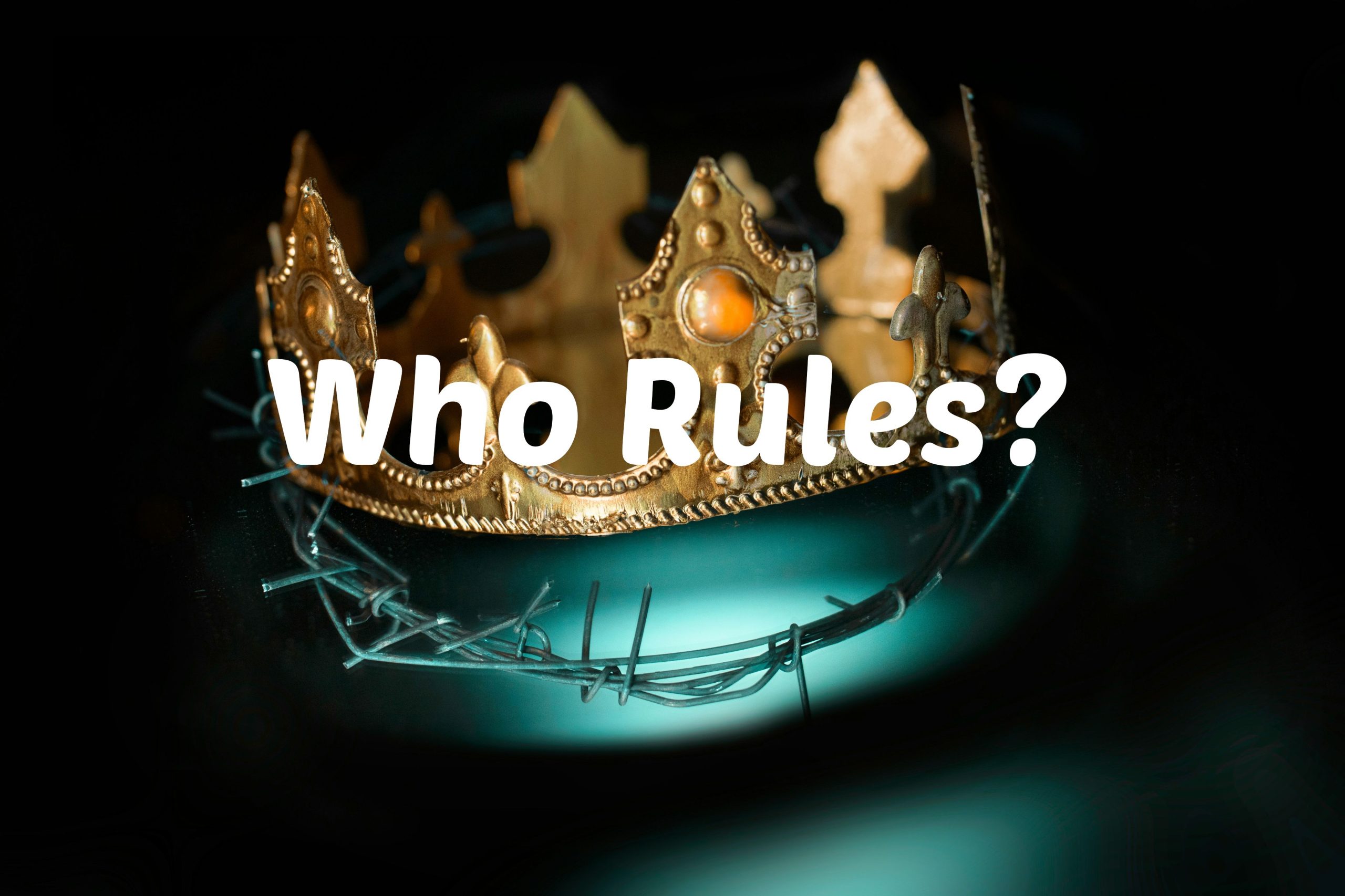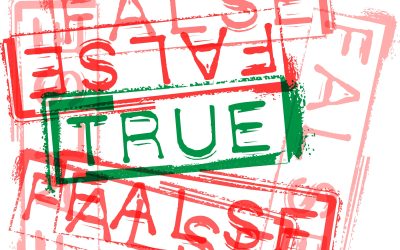The Role of Government and the King Who Rules
Summer is over and the season of pumpkin-flavored everything is upon us. With the passing of summer, we’ve also moved beyond the Republican and Democratic political conventions as the 2024 presidential election quickly approaches.
The only thing both sides seem to agree on is that the country’s future is at stake. And the passionate responses have turned my thoughts to the role of government.
Ancient Israel
How many different forms of government can you name? Dictatorship, monarchy, republic, parliamentary, and totalitarian are several types that exist in our world today.
After God delivered the Israelites from Egypt, He gave Moses the law by which He required them to live. Moral laws reflected His holy nature and taught them right from wrong; ceremonial laws included sacrificial worship pointing to the coming Messiah; and civil laws established Israel as a theocracy. Other nations had their kings; Israel’s ruler was God.
But Israel was not content to remain a theocracy. Much like children who want what everyone else has, the people asked the prophet Samuel for a king “like all the nations” (1 Sam. 8:5). God told Samuel that by asking for an earthly king, Israel had actually rejected His rule over them.
Today, Christians still answer to God as our King. He rules our spirit and He reigns in our lives as our supreme authority. May we never reject Yahweh from being King over us.
The United States
“I pledge allegiance to the flag . . .” How often do we think about the meaning of these words as we say them? Allegiance. Fidelity. Loyalty. Words reminiscent of imperial majesties resplendent in royal regalia, and seemingly out of place in our modern world of computers and chrome.
Although our government today is not a theocracy, our country’s flag is not the only thing to which Christians pledge allegiance. We also pledge allegiance to God, our King.
Jesus began His earthly ministry with a message of repentance, “for the kingdom of heaven is at hand” (Matt. 4:17). Then He appointed His disciples and proclaimed the message of the kingdom, a gospel message of spiritual healing and restoration to the Father. He healed physical sickness to illustrate the spiritual healing enjoyed by citizens of His kingdom.
Every kingdom has a king. And Jesus is not just a king, He is the King. He is my King and your King, and He commands our allegiance.
The Nations of the World
Empires come and go, eventually passing into oblivion. Ancient history saw Egypt, Assyria, Babylon, Persia, Greece, and Rome rise and fall as world leaders, their names evoking fear among their contemporaries before being replaced on the world stage. In the past century, the development of nuclear power and the rise of superpower nations such as the United States, Russia, and China influenced world events.
Today, things like terrorism, epidemics, and natural disasters cause individuals and nations to fear.
As Christians, we do not look to governments for solutions to the problems of humanity. Instead, we remember our earthly citizenship is temporary. The apostle Paul reminded us, “For our citizenship is in heaven, from which also we eagerly wait for a Savior, the Lord Jesus Christ” (Phil. 3:20). We need not fear economic meltdowns, news of the latest epidemic, or terrorist strikes. We need only look to our King.
Someday, the nations of the world will fear the King of all nations—the Lord God. Jesus Christ will take His rightful place to rule over the earth, and all the nations will worship Him.
The political maneuvers of ancient Israel then, the United States now, and the nations of the world in the future all remind me of the declaration of our true king, Jesus, in Psalm 2:1-7:
Why do the nations conspire and the peoples plot in vain?
The kings of the earth rise up and the rulers band together
against the Lord and against his anointed, saying,
“Let us break their chains and throw off their shackles.”
The One enthroned in heaven laughs; the Lord scoffs at them.
He rebukes them in his anger and terrifies them in his wrath, saying,
“I have installed my king on Zion, my holy mountain.”
Reflection
- Are there areas of life where you have been like the Israelites in rejecting God as your King? How can you bring those areas into obedience to your supreme ruler?
- How have you been disloyal to the Lord in your thoughts, words, or deeds this past week?
- How have you expected governments to solve problems only our God and King can solve?
* Adapted from Reflections on the Names of God: Devotions to Know God More Fully by Ava Pennington.






0 Comments